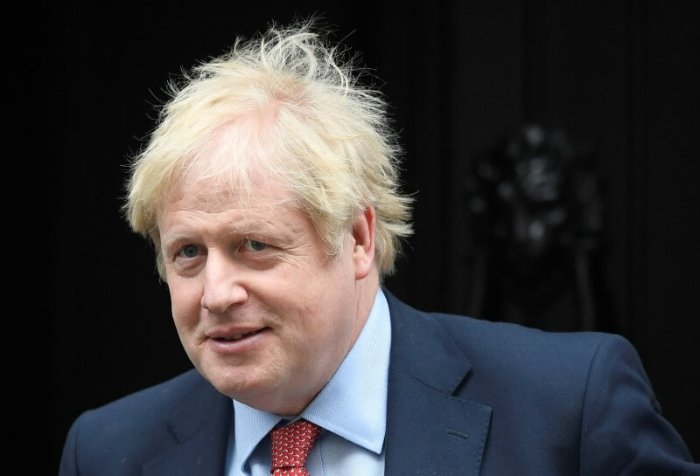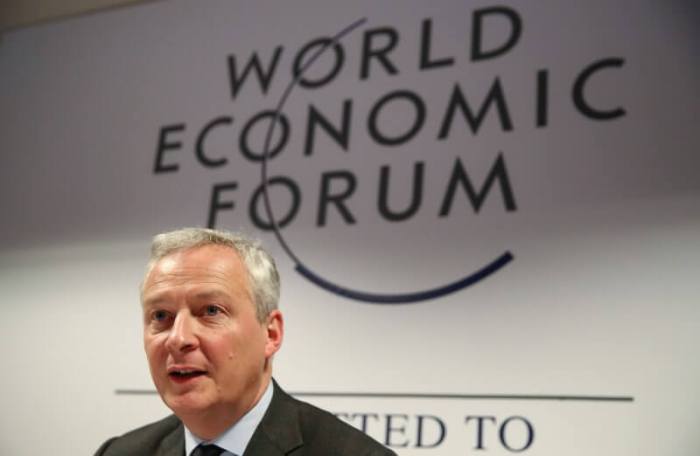By Leigh Thomas
COLOMBES, France (Reuters) – France pledged more generous guarantees on loans made to small businesses, more cash for firms struggling to hold on to workers and a solidarity fund as it stepped up measures on Thursday to help companies cushion the blow from the coronavirus outbreak.
Visiting a struggling catering firm in a Paris suburb, Finance Minister Bruno Le Maire said President Emmanuel Macron’s government would do everything necessary to soften the impact on the European Union’s second biggest economy.
“We are going to reinforce our measures to allow all small and mid-sized firms, all craftsmen, all shops that are the most impacted by the economic shock to get through the coming weeks in the best possible conditions,” Le Maire said.
“Everything that is needed will be done.”
The state-owned investment bank Bpifrance would increase guarantees on loans made to small and medium-sized firms to 90% of the amount borrowed from 70%, Le Maire announced.
The government was also ready to increase the pot of money available to help companies reduce workers’ hours rather than laying off staff altogether, as the number of firms requesting the support quadrupled in less than a week.
French companies that reduce an employee’s working hours are required to pay the person 70% of their salary for the lost hours. The state then reimburses the firm the minimum-wage equivalent, but Le Maire said that amount would be increased on Monday.
So far, 3,600 companies employing 60,000 workers have submitted requests, at a cost to the state budget of 180 million euros ($202 million).
“We must do everything to ensure that you don’t lose your workers,” Le Maire told a group of small business leaders during the visit.
He added that he would study how to set up and finance a solidarity fund to help the worst-hit firms and look at suspending a new tax on the use of temporary contracts.
Le Maire said it was too early to put a figure on the overall amount of government support for the economy, but said that it was probably of a similar order to packages flagged by Germany and Italy.
Le Maire’s German counterpart Olaf Scholz has suggested increasing public investment in infrastructure by 12 billion euros until 2024. He has also proposed pulling forward the already agreed abolition of an income tax surcharge by six months at a cost of some 5 billion euros.
Italian Prime Minister Giuseppe Conte, whose country is the worst-hit in Europe, pledged this week to ramp up spending by allocating 25 billion euros to support firms and families.
(Reporting by Leigh Thomas; Writing by Matthieu Protard; Editing by Jan Harvey and Alex Richardson)






















